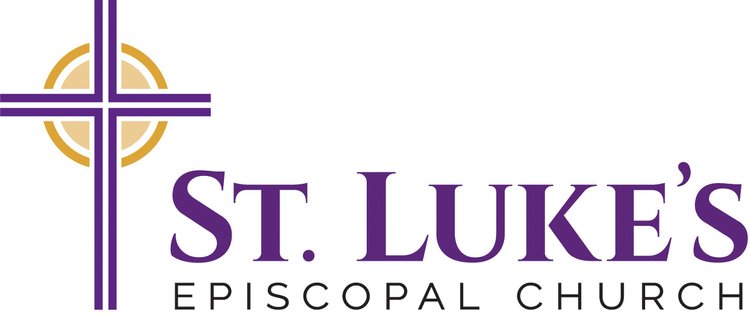Bishop Goff: A Meditation on the Feast of St. Luke, the Physician
Dear Friends in Christ,
I share this meditation this evening with those gathered at Shrine Mont for our first in-person clergy gathering here since the fall of 2019. Although the words are written and directed toward the clergy, I share them also with the wider community of the Diocese of Virginia, praying that they might connect with all who are engaged in ministry of any kind in this season of continued disruption and dramatic change.
Luke 4:16-21
When Jesus came to Nazareth, where he had been brought up, he went to the synagogue on the sabbath day, as was his custom. He stood up to read, and the scroll of the prophet Isaiah was given to him. He unrolled the scroll and found the place where it was written:
‘The Spirit of the Lord is upon me,
because he has anointed me
to bring good news to the poor.
He has sent me to proclaim release to the captives
and recovery of sight to the blind,
to let the oppressed go free,
to proclaim the year of the Lord’s favor.’
And he rolled up the scroll, gave it back to the attendant, and sat down. The eyes of all in the synagogue were fixed on him. Then he began to say to them, ‘Today this scripture has been fulfilled in your hearing.’
Today this scripture is fulfilled in our hearing. Whenever people go out in Jesus’ name to do the things he did, to continue the work of justice-making and peace-building or the ministry of proclamation and evangelism, the scripture is fulfilled. Today this scripture is lived out in our sight by people in this very room.
That truth is wonderful. And in this time of multiple pandemics and continuing disruption, this truth and this call can feel a little overwhelming. We have done so much in the past eighteen months. We’ve learned new skills. We’ve pivoted over and over again -- sometimes so fast that we are dizzy now. In the midst of all we’ve done, there is so much we haven’t been able to do, so many things left undone. For some of us, the “left undone” list weighs heavily. Guilt kicks in. Sometimes we feel like we’re letting people down. Sometimes other people tell us that we’ve let them down, occasionally in terms that are less than kind. Often in this pandemic we haven’t been able to use our best gifts, the ones that were part of our calling to ordained ministry in the first place. In these many long months, we’ve done more than ever before -- and less than ever before. The reality of too much and the feeling of not enough are a debilitating mix.
How do we live in that stew?
We start, as we always do, with Jesus. Remember how the crowds would press in upon him, seeking healing, seeking his touch. As word about him spread, hopes, expectations, even demands for his presence and for his healing actions increased. We recognize how, in that press, Jesus healed many people and restored them to wholeness of body, soundness of mind, and fulness of relationship with God and others.
We also recognize that Jesus did not do every good thing he could have done. He didn’t heal every person in every crowd. He didn’t attend to every need. He was, after all, as human as we are, encumbered by the physical limitations we all share. Jesus did not do every good thing that people hoped for and demanded of him. Time and again, at regular intervals, he chose to take care of himself, to go to places apart for prayer and restoration. He knew that he could not do anything for anyone if the well of God’s goodness, power and love within him ran dry. Of course Jesus did far more for us and for all humanity than we could ever ask for or imagine, but he did not do every good thing that people asked.
In that, as in so many things, he is a model for us. We cannot do every good thing that people desire from us, not even every good thing we desire to do. Like Jesus, the incarnate one, we are incarnate, in the flesh, living our mortality. Everything is not ours to fix. Jesus does not ask us to save the institution of the Church at the cost of our own souls. Jesus does not ask us to sacrifice the Spirit of God that resides within us for the sake of the work he calls us to do.
All of this throws us back onto reliance on God. It throws us back onto reliance on what Jesus does in us and in the world. The ministry we live in Jesus’ name, after all, is not ours but his. It is not about us, but about Jesus working in and through us.
So I offer a few questions to ponder. If any one of them is helpful to you, wonderful. If not, let yourself go where the Spirit leads you.
What is real and true underneath the needs that come at you in loud and urgent ways?
How does tending to those needs help you tend to the heart, to what really matters?
How does not tending to those needs help you tend to the heart, to what really matters?
What hurt needs healing so that you can hold the things left undone with gentleness and without self-reproach?
What do you need to let go of so that you can love yourself as tenderly as God loves you?
May God bless you with grace and peace as you lift the things undone to the very heart of God, who loves you fiercely.
Bishop Goff
